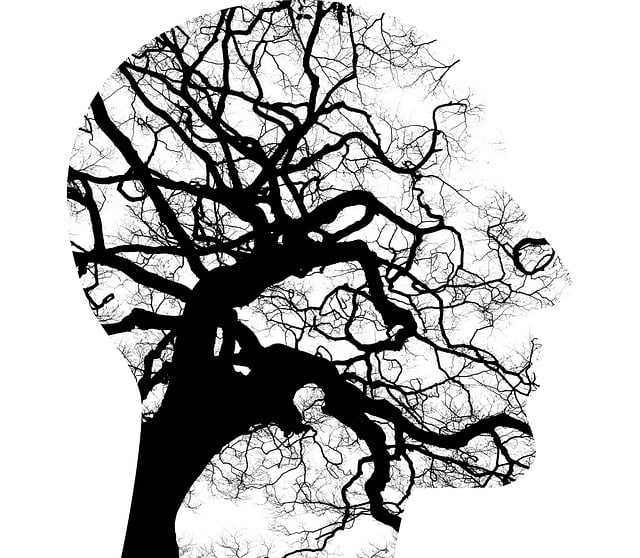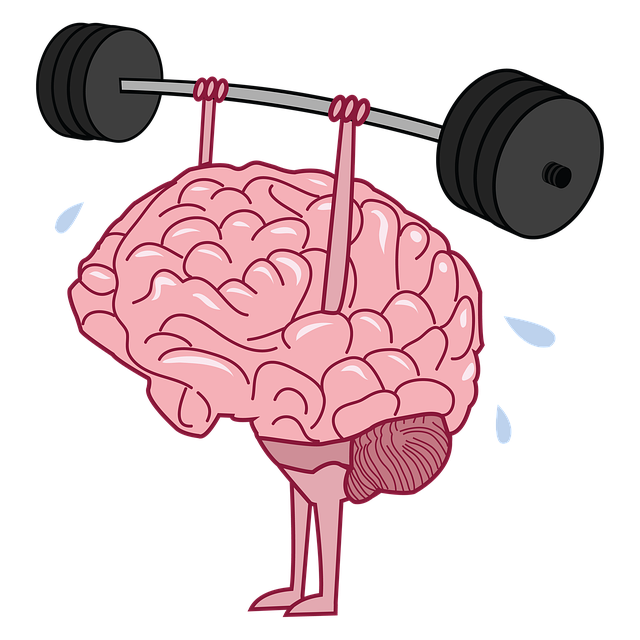Social Skills Training (SST), integrated with Westminster Acceptance and Commitment Therapy (ACT), offers a powerful approach to enhance mental health support. This evidence-based method teaches practical skills for better communication, assertiveness, empathy, and emotional regulation in various settings. By accepting emotions and pursuing actions aligned with personal values, individuals learn to navigate interpersonal challenges and reduce social anxiety. Westminster ACT promotes mindfulness, self-care routines, and values-driven actions, fostering flexible mindsets and robust social interactions. This holistic approach aims to improve quality of life, reduce mental health stigma, and empower individuals to build meaningful connections in their communities.
Social skills training is a vital cornerstone of mental health support, empowering individuals to navigate social interactions with confidence. This article explores the benefits of such training, particularly focusing on the Westminster Acceptance and Commitment Therapy (ACT) framework. We delve into identifying challenges faced by those with mental health conditions and present practical strategies derived from ACT to enhance social skills. By understanding these techniques, we can foster a more inclusive and supportive environment for everyone’s well-being.
- Understanding Social Skills Training: A Cornerstone of Mental Health Support
- Westminster Acceptance and Commitment Therapy (ACT): An Effective Framework for Social Skill Development
- Identifying Challenges: Recognizing Barriers to Social Interaction in Mental Health Conditions
- Practical Strategies: Enhancing Social Skills through ACT-Incorporated Techniques
Understanding Social Skills Training: A Cornerstone of Mental Health Support

Social Skills Training (SST) is a fundamental aspect of mental health support, especially for individuals navigating conditions that impact their social interactions and relationships. This evidence-based approach focuses on teaching practical skills to enhance communication, assertiveness, empathy, and emotional regulation in various settings, including work, school, or social gatherings. By participating in SST, individuals with mental health challenges can improve their ability to connect with others, manage conflicts, and build supportive networks—crucial elements for recovery and overall well-being.
In the context of Westminster Acceptance and Commitment Therapy (ACT), a popular evidence-based therapy, SST plays a pivotal role in fostering positive behavioral changes. ACT encourages individuals to accept their emotions while committing to actions that align with personal values. Integrating social skills training into this framework empowers clients to navigate interpersonal challenges, reduce anxiety in social situations, and enhance their overall quality of life. Additionally, effective SST can aid in risk management planning for mental health professionals by equipping them with the tools to support clients in high-pressure social settings, thereby mitigating potential burnout issues often associated with intense emotional labor.
Westminster Acceptance and Commitment Therapy (ACT): An Effective Framework for Social Skill Development

The Westminster Acceptance and Commitment Therapy (ACT) offers a powerful framework for individuals with mental health conditions to develop and enhance their social skills. This therapeutic approach encourages individuals to accept their emotions and thoughts without judgment, fostering a more flexible mindset that can improve engagement in social situations. By promoting mindfulness and values-driven actions, ACT helps clients build effective communication strategies, essential for navigating interpersonal relationships.
Moreover, Westminster ACT integrates self-care routine development into its treatment plan, recognizing the profound impact of consistent self-care on mental health and overall well-being. This includes teaching individuals techniques to manage their mood, reduce stress, and cultivate a sense of purpose—all vital components that contribute to robust social interactions. Through these comprehensive strategies, Westminster ACT equips clients with the tools necessary for improving their social connections and living more fulfilling lives.
Identifying Challenges: Recognizing Barriers to Social Interaction in Mental Health Conditions

Many individuals with mental health conditions face challenges when it comes to social interactions due to a variety of factors. These barriers can significantly impact their daily lives and overall well-being, hindering their ability to connect with others, maintain relationships, and participate in social activities. Understanding these obstacles is crucial for effective support and treatment.
For instance, conditions like anxiety disorders or depression may cause individuals to withdraw from social situations due to fear of judgment or a lack of motivation. Stigma surrounding mental illness can also create a sense of isolation and shame, making it difficult for people to reach out and engage in meaningful conversations. Cultural sensitivity in mental healthcare practice plays a vital role here, as recognizing and respecting individual cultural backgrounds can foster trust and encourage open communication. Through methods like Acceptance and Commitment Therapy (ACT) in Westminster, professionals aim to help clients manage these challenges, reduce anxiety relief, and ultimately, promote more inclusive and supportive social environments. Additionally, mental illness stigma reduction efforts are essential to creating a more understanding society, where individuals feel safe and empowered to seek help without fear of rejection.
Practical Strategies: Enhancing Social Skills through ACT-Incorporated Techniques

Social skills training is a powerful tool for individuals navigating mental health conditions, offering practical strategies to enhance their interactions and overall well-being. Acceptance and Commitment Therapy (ACT), with its focus on mindfulness and values-driven action, has proven effective in this domain. By incorporating ACT techniques, individuals can develop greater self-awareness exercises, fostering an understanding of their thoughts and emotions without judgment. This process facilitates the unlearning of behaviors associated with mental illness stigma reduction efforts and promotes healthier coping mechanisms.
For instance, training sessions might include role-playing scenarios to practice assertiveness, a key component of emotional healing processes. Through these simulations, individuals learn to express their needs and boundaries effectively, improving their social interactions in real-life contexts. By combining ACT’s cognitive techniques with practical exercises, the program equips participants with valuable tools to navigate social challenges, build meaningful connections, and foster a sense of belonging.
Social skills training, as a key component of mental health support, can significantly improve individuals’ ability to navigate social interactions. The Westminster Acceptance and Commitment Therapy (ACT) framework offers an effective approach by helping individuals recognize and overcome barriers to social engagement. By incorporating practical strategies derived from ACT, those with mental health conditions can enhance their social skills, fostering more meaningful connections and improving overall well-being.














